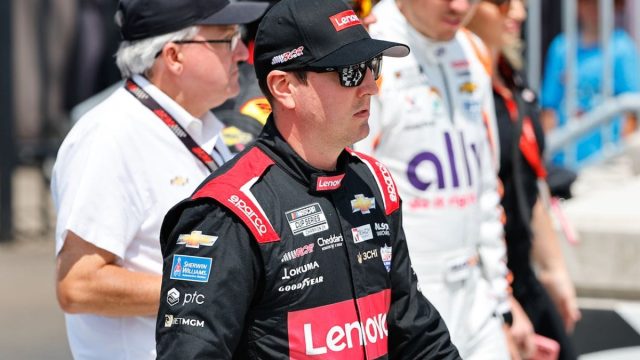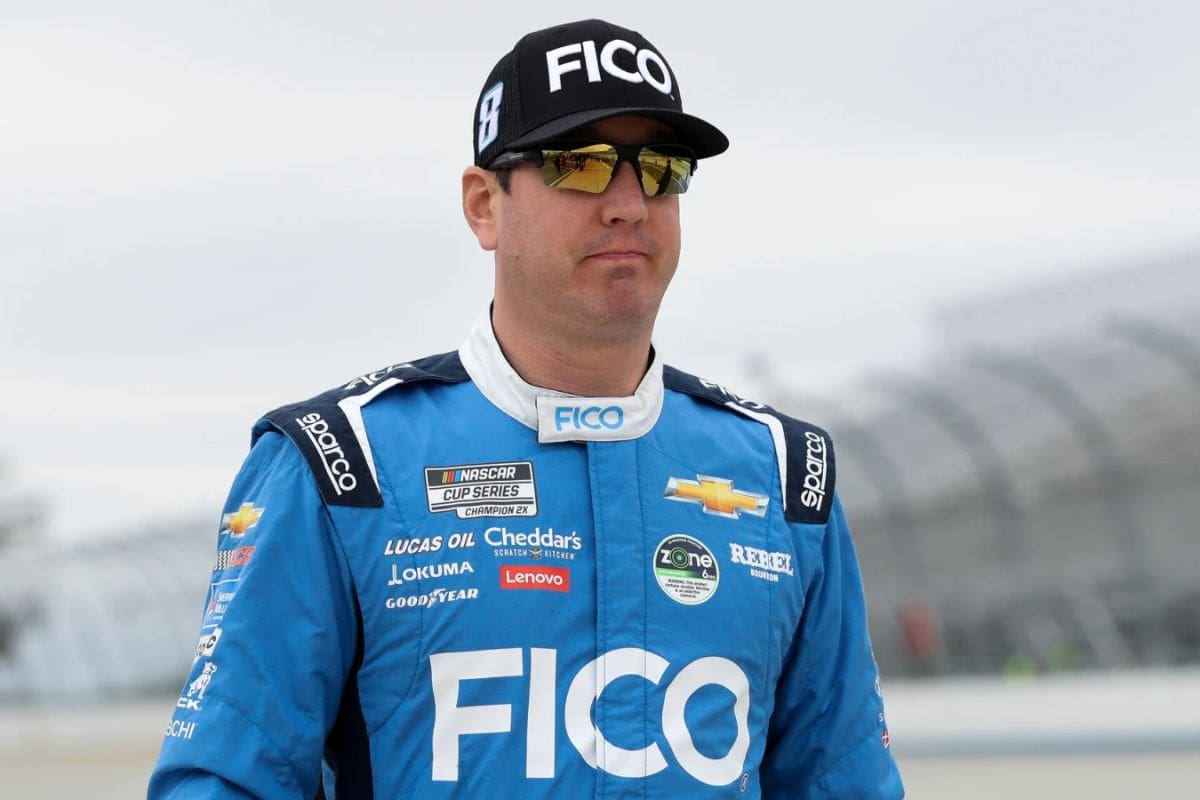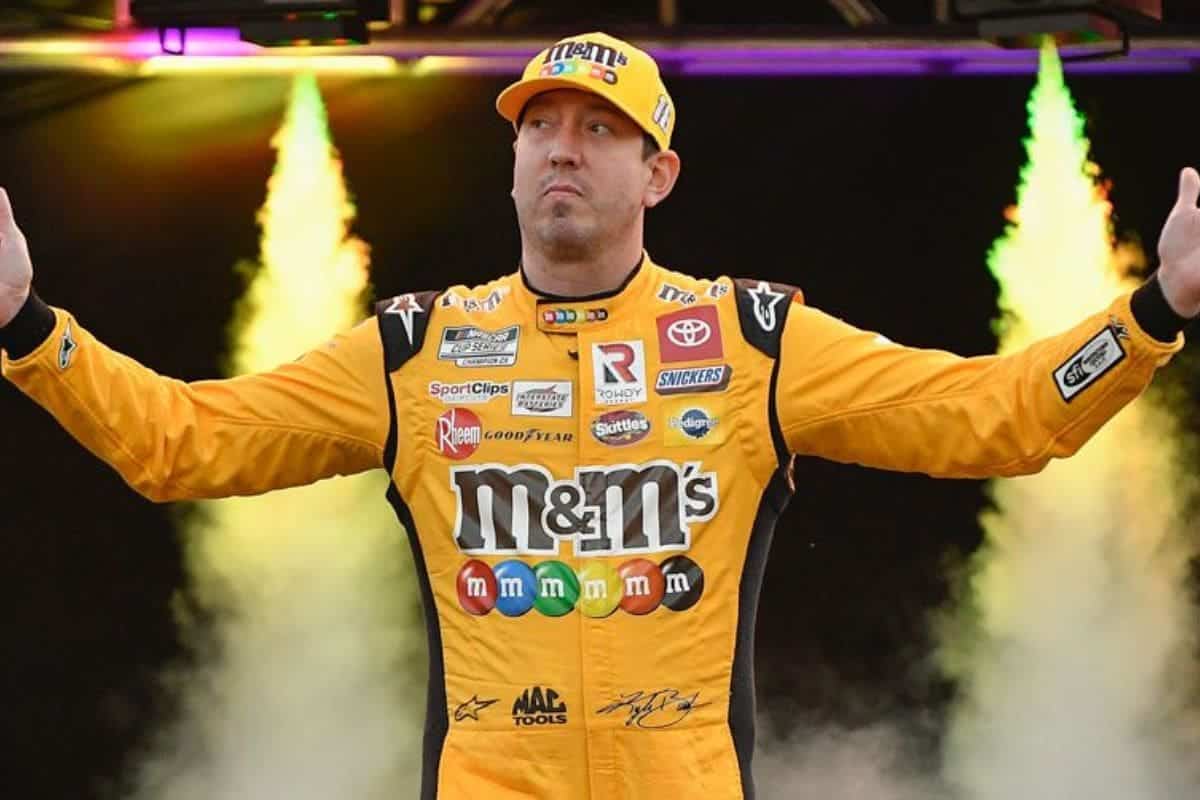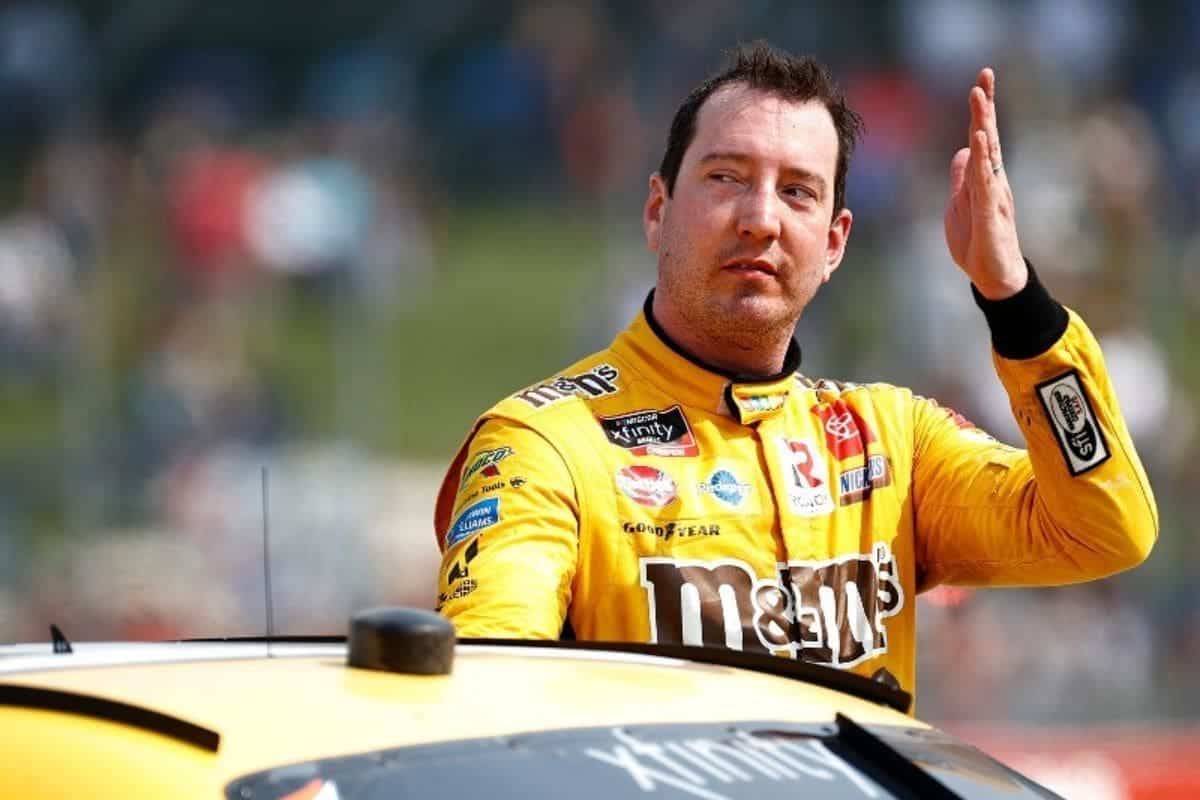Kyle Busch’s Sudden Decline: Kyle Busch‘s recent performance decline can be attributed to several factors, including his move from Joe Gibbs Racing to Richard Childress Racing, mounting challenges with car setup, and his aggressive driving style, which has led to numerous on-track incidents. Moreover, his open dissatisfaction with current team dynamics and frequent DNFs have further complicated his season. With a significant winless streak and exclusion from playoff race, Busch’s future in racing appears uncertain. The stress is mounting for Busch and RCR to refine their strategies and improve car performance. Insights into these developments suggest deeper challenges ahead for the once-dominant driver.
Key Highlights
- Busch’s transition to Richard Childress Racing has led to adaptation challenges and performance issues.
- His aggressive driving style has resulted in more on-track incidents and inconsistent results.
- Recent races have seen an increase in DNFs, impacting his playoff chances and overall performance.
- Communication issues and dissatisfaction with team dynamics are affecting team morale and unity.
- Technical shortcomings and car handling problems at New Hampshire highlight deeper engineering and strategic issues.
Kyle Busch’s Struggles on Track
Kyle Busch’s recent track performance exemplifies the challenges of adapting to a new racing team, as his once-unbeatable dominance has given way to a season marked by crashes and a noticeable absence of victories. Shifting from Joe Gibbs Racing, where he amassed 19 consecutive wins and two championships, to Richard Childress Racing has proven to be a significant challenge. Busch’s aggressive driving style, once an asset, seems to be working against him in his new environment, resulting in multiple on-track incidents that have kept him winless and out of playoff consideration.
Analyzing Busch’s struggles, it is evident that the synergy between driver and team plays a vital role in achieving success in NASCAR. The intricacies of car setup, communication, and strategy need to align perfectly, and currently, this alignment appears to be missing. Richard Childress Racing, while historically successful, operates differently than Busch’s previous team, creating a steep learning curve for the seasoned driver.
Moreover, the adaptation to a new car setup has not been seamless. Busch’s aggressive style demands a car that can handle his high-risk driving, and the current setup may not be optimized for his driving preferences. This misalignment has led to a series of crashes, further compounding his struggles and diminishing his confidence on the track.
While Busch’s talent is undeniable, his recent performance highlights the complexity of NASCAR racing, where even the most skilled drivers can falter when faced with significant changes. The challenge now lies in how quickly Busch and his new team can find common ground to reclaim his former glory.
Handling Frustration and Comments
Busch’s on-track struggles have inevitably led to visible frustration, culminating in open and straightforward comments that reveal his discontent with the current team dynamics. His recent interview with Bob Pockrass of FOX Sports was particularly revealing, as Busch openly discussed his willingness to return to former teams such as Joe Gibbs Racing or Hendrick Motorsports, despite being under contract with Richard Childress Racing. These honest remarks have sparked considerable speculation and scrutiny within the NASCAR community.
“I would say anything is possible, always. Certainly, if I was welcomed I would go back. If Hendrick welcomed me back I’d go back. But right now I’m at RCR with my group of guys and the deal I have right now in place. So, we’re trying to work and build this program and make RCR great again.” – Busch
Kyle Busch’s forthrightness is not unprecedented; he has always been known for his unfiltered communication style. This transparency, however, highlights a deeper issue: his dissatisfaction with the current performance and direction of Richard Childress Racing. Busch’s comments suggest a yearning for the stability and success he enjoyed with his previous teams, where he garnered numerous victories and accolades.
While Busch’s honesty can be seen as a strategic move, it serves to emphasize the critical need for alignment between a driver and their team. His open expression of willingness to switch teams may also be a tactical tactic to invoke change or inspire improvements within his current setup. Nevertheless, such public declarations can also have unintended consequences, potentially straining relationships and impacting team morale.
Criticism from Inside the Team
Amidst the growing tensions, Freddie Kraft, Busch’s spotter, has openly criticized his remarks about potentially leaving Richard Childress Racing, citing concerns over their detrimental impact on team morale. Speaking frankly on the Door Bumper Clear podcast, Kraft emphasized the serious implications of Busch’s comments, particularly at a point when team unity is crucial.
Kraft’s critique highlights a broader issue within the team: the delicate balance between individual ambition and collective success. Busch’s suggestion of a possible departure threatens to erode the foundation of trust and collaboration that underpins any successful racing team. By voicing such uncertainty, Busch inadvertently casts a shadow over the team’s efforts, potentially demotivating crew members who rely on a stable and committed environment to perform at their best.
“It just seemed like a really odd statement for Kyle to make when somebody asked him if he’d go back to JGR or Hendrick, and he said yes. Why would you ever say that when you’re under contract at RCR next year? That’s going to rub guys in the shop the wrong way as well.” – Kraft
The timing of these comments is particularly concerning. As the season progresses, every member of the team is under immense expectation to deliver peak performance. In this context, Kraft’s concerns are not unfounded. The metal impact of a leader’s wavering commitment can be profound, leading to a decline in performance that transcends the track.
Moreover, Kraft’s remarks serve as a reminder of the intricate dynamics within a racing team. The relationship between driver and crew is symbiotic; any discord can have cascading effects. Busch’s public musings about leaving RCR strain his relationship with Kraft and reverberate through the entire organization, risking a fracturing of the cohesive unit crucial for success.
Analysis of Performance Issues
A critical examination of Busch’s recent performance reveals a troubling pattern of inconsistency that demands strategic reassessment. NASCAR insiders, including analyst TJ Majors, have highlighted Busch’s aggressive driving style as a significant contributor to his erratic results.
“If Kyle has a weakness, this is probably it. Whenever things aren’t going well, he just… I don’t know if he tries too hard or what. It seems like it’s hard for him to just piece together the eighth, the seventh, the runs that they need to get back. It seems like it’s either win or wreck.” – Majors
Busch’s tendency to oscillate between a ‘win or wreck’ mentality has not yielded the consistent top-tier finishes necessary to maintain a competitive edge in the series. This high-risk approach is a stark departure from the more calculated and measured strategies that characterized his earlier career successes.
Historically, Busch’s ability to balance aggression with precision allowed him to dominate races, but this balance appears to have faltered in recent seasons. The ‘all or nothing’ tactics have led to frequent incidents and missed opportunities, undermining his performance.
Majors points out that Busch’s current strategy often results in either spectacular wins or disappointing wrecks, with very little middle ground. This inconsistency is detrimental not only to his standings but also to team morale and sponsorship stability.
The data supports this observation—Busch’s recent race finishes show a marked increase in DNFs (Did Not Finish) and lower placements compared to his peak years.
Adjusting his driving tactics to prioritize consistency over sheer aggression could help stabilize his performance and restore confidence among his team and supporters. Without such changes, the decline in Busch’s performance may continue, signaling a potential end to his reign as one of NASCAR’s top drivers.
New Hampshire Race Recap and Future Prospects
The New Hampshire race showed Kyle Busch’s ongoing struggles, highlighting severe issues with both speed and car handling that have plagued his recent performances. Busch’s difficulties were apparent from the start, as he battled with suboptimal lap times and an unstable car setup. These challenges culminated in significant crashes that not only impeded his race but also critically impacted his standing in the playoff race.
Busch’s performance at New Hampshire serves as a microcosm of the broader issues that have beset his season. His car’s lack of competitive speed and persistent handling problems suggest deeper, systemic issues within the team’s engineering and strategy departments. Despite the veteran driver’s best efforts, it is clear that these technical shortcomings are proving to be insurmountable obstacles. The crashes at New Hampshire are particularly concerning as they indicate a potential decline in situational awareness or simply the result of pushing an underperforming car beyond its capabilities.
With only a limited number of races left in the season, the stress on Busch and Richard Childress Racing (RCR) to find effective solutions is intensifying. The team must address both mechanical and strategic deficiencies to restore Busch’s competitiveness. This involves not only refining car setups and improving race strategy but also potentially reassessing their approach to race weekends.
Looking ahead, the prospects for Kyle Busch depend heavily on RCR’s ability to adapt and innovate quickly. Without significant improvements, Busch’s chances of making a meaningful playoff push appear increasingly slim, raising critical questions about the future trajectory of his illustrious career.
News in Brief: Kyle Busch’s Sudden Decline
Kyle Busch’s recent performance decline highlights significant issues within his racing strategy and team dynamics. The criticism from within the team, coupled with visible frustration, suggests underlying problems that need addressing.
Analyzing performance metrics from recent races, particularly the New Hampshire event, reveals gaps in execution and adaptability. To regain competitive stature, strategic adjustments and improved team cohesion are imperative.
The future of Busch’s career hinges on these critical improvements and the ability to overcome current challenges.
ALSO READ: Kyle Busch Faces Fan Fury After Disastrous NHMS Race



